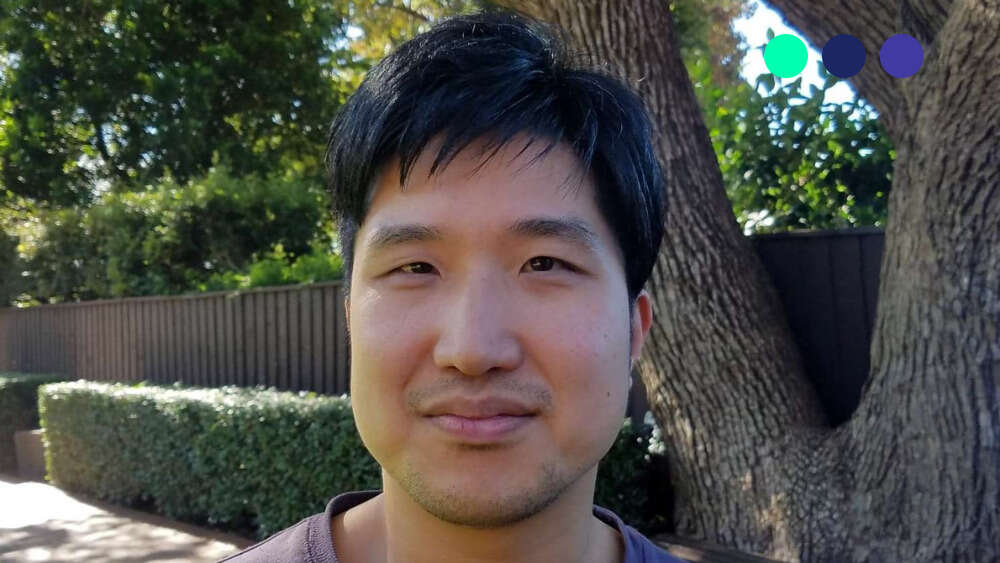“In 2014, I started Bible School. I enjoyed the Old Testament, New Testament, and bible languages. I was about to take my first end-of-semester exams in June of that year. Then one afternoon, according to my wife, she walked into our bedroom where I had been taking a nap and couldn’t wake me up.
I used to be healthy. There was nothing wrong with me. I did a lot of boxing and wrestling. But my wife saw that my breathing was disturbed. It sounded like a person about to die. She called the ambulance, and they took me to the hospital, where I was pronounced brain dead.
The doctors and my family started organizing to have my organs donated. They said there was a tiny chance that I would come back. They couldn’t detect any activity in my brain. The EEG was flat. I also had visitors to my hospital bed, and they told me afterward that they had seen it. It was flat. The doctors said that the organs decay very quickly after the brain stops. They wanted to turn off the fan.
My wife did all she could do. She prayed and cried out to God. Our Korean church in Sydney also stood behind her, praying with people worldwide.
On the third day, my wife saw my toes move, barely, but there was movement. Then I opened my eyes. My wife said the first thing I told her was that I had been to heaven and met Christ.
I don’t remember saying that. I don’t know heaven or the encounter with Jesus. I wish I did. But my wife says I said it. The doctors were embarrassed. Then they said I wouldn’t make a full recovery. They said my speech or my movement would suffer. But no one could tell me what had happened or why.
After that, I felt very confused. Why did it happen to me? I knew I could have died and never come back. I don’t know how to respond to that. The experience of dying isn’t something we talk about… because we can’t. In church, people began to worship me, almost like a saint. The accolades poured in. Everyone was amazed. They called me the ‘Miracle Man’ or ‘Modern-day Lazarus’. But inside, I felt like I was spiritually walking in the desert. I couldn’t feel God’s presence anymore. When people wanted to hear my story, I felt like a poser. There was a lot of internal strife. I had problems with my short-term memory. I still do, now and then.
But slowly, I went back to Bible school and continued to study. I failed several courses, but I did them again. Seven years later, I’m doing my last subject this month. I am almost finished.
God wanted me to see that he works his way, with or without my awareness of it or feeling his presence. He is always there; he always has been and always will be. It works regardless of my feelings or what I know about it. He works when I’m in the hospital and the spiritual desert, and I can’t feel him. He says, ‘Trust me.’ He wants us to worship Him for who He is, not for the wonder or form it takes.
I think it’s a bit like the book of Job, although what happened to me was nothing like what happened to Job. But in the same way, I have to trust that God is always good and sovereign, no matter what. The time in the desert was invaluable to me. I cried out to God. It also taught me that even if people think someone or something is a lost cause, God still has plans for them – here or in heaven.”
“Then Job answered to the Lord, ‘I know that thou canst do all things; no purpose of yours can be thwarted. You asked, “Who is this who is obscuring my plans without my knowledge?” I have certainly spoken of things I did not understand, things too wonderful to know.'” (Job 42:1-3)
Tim’s story is part of Eternity’s Faith Stories series, curated by Naomi Reed. Click here for more faith stories.
